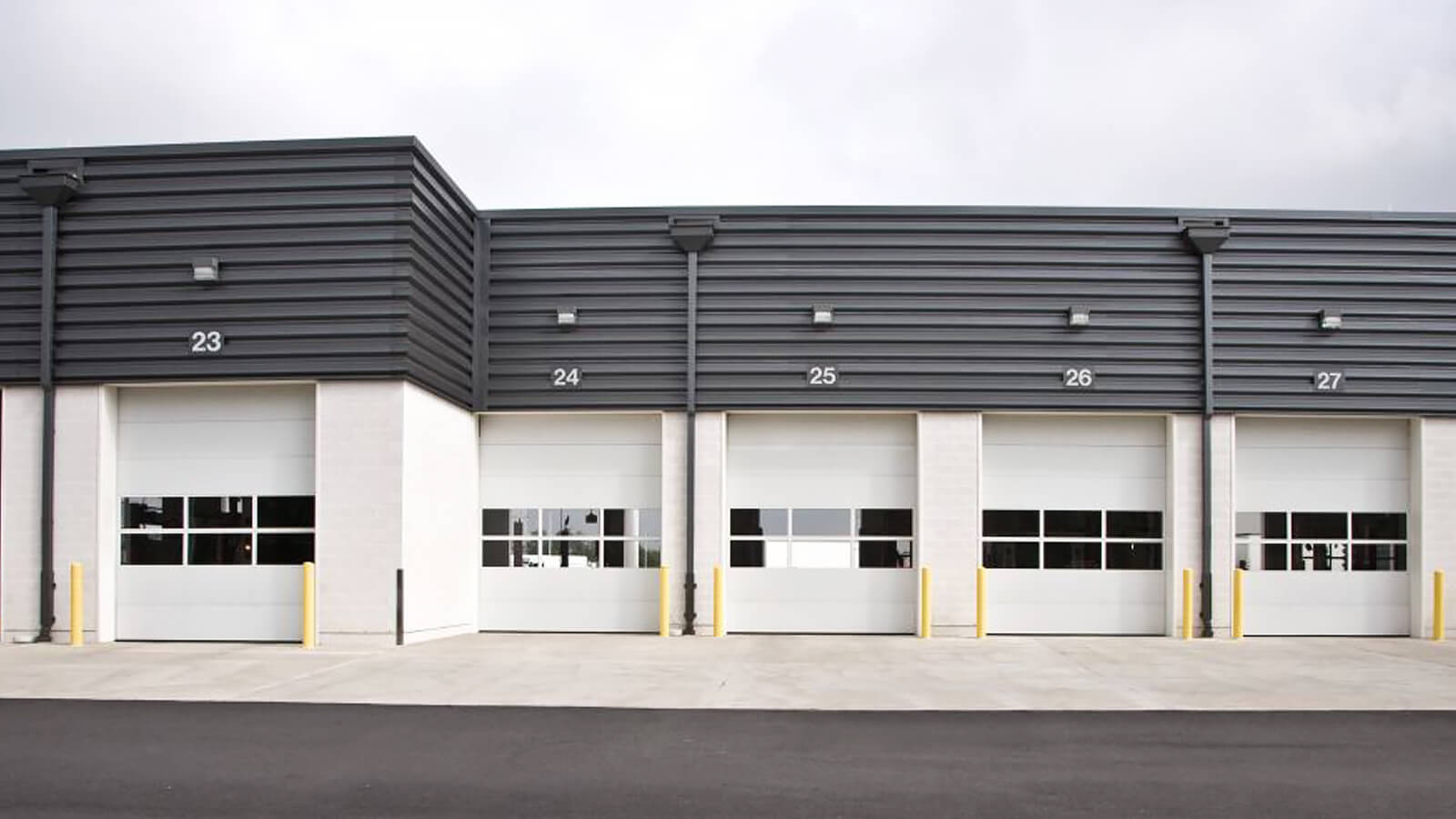
Garage Doors and Parts – Garage Door Industry Consolidates as strategic acquisitions reshape the competitive landscape in 2025. Leading manufacturers and service providers continue to expand operations through mergers. Smaller firms are joining forces with national brands for sustainability and growth. The demand for integrated services and broader market control drives this consolidation trend. The U.S. market, especially in states like Florida and Texas, sees the most activity. Integration supports product diversity and enhanced service capabilities. Moreover, companies aim to streamline logistics and improve supply chain efficiency. This consolidation signals a new era in garage door industry evolution. New players must adapt or collaborate to remain competitive.
D&D Garage Doors & Gates acquired Southwood Garage Doors in Florida. The acquisition was finalized in early June 2025. This move allows D&D to access new residential and commercial markets. Southwood has served Florida’s coastal regions for over two decades. Its reputation for custom garage doors enhances D&D’s portfolio. Southwood’s employees will now operate under the D&D brand. The deal was valued at an undisclosed amount. Both companies expressed optimism about long-term synergy. The announcement was followed by positive reactions from regional clients. Other companies have expressed interest in similar expansion strategies.
“Read about: Garage Door Accessories Trends June 2025: Smart Tech Meets Modern Design”
Companies pursue mergers to maximize economies of scale. They aim to share resources, technology, and operational expertise. Combining infrastructures leads to faster customer response times. Additionally, shared marketing efforts reduce individual company expenses. Merged companies can offer extended warranties and product lines. Franchise models are being revised to accommodate corporate mergers. Larger networks enable national service consistency. Brand recognition strengthens through unified customer experience. Inventory management systems are also being integrated. These changes improve product delivery and installation times.
Many small garage door businesses feel pressured by these changes. They struggle to compete with corporate pricing models. Some independent providers choose to merge for survival. Others diversify services to retain niche markets. Support groups help small firms navigate legal merger processes. Workshops explain negotiation tactics and valuation methods. Legal advisors recommend protecting employee rights during transitions. Customer retention strategies are also discussed. Not every business opts for acquisition despite industry shifts. Innovation remains a path forward for independents.
“Read more: G7 Unites Against Migrant Trafficking: A New Global Action Plan”
Smart technology adoption influences consolidation decisions. Larger firms invest heavily in tech-enabled garage systems. Smaller firms lack the capital to match those investments. Consumers demand remote access, automation, and AI integration. Voice-controlled garage doors gain popularity in 2025. Acquired companies benefit from enhanced tech infrastructure. Tech partnerships also influence acquisition decisions. The company aligned digital marketing platforms post-merger. Online ordering and tracking are now essential service components. Technology plays a key role in merger success.
Consolidation will likely continue into 2026. Experts predict regional mergers will outpace national ones. Supply chain optimization will remain a key motivator. Industry analysts monitor long-term effects on customer satisfaction. Some stakeholders have raised a few concerns about market monopolies. Some regulators consider enforcing local ownership quotas. However, most mergers currently comply with antitrust laws. Consumer choice remains relatively wide despite consolidation. Emerging startups may disrupt this consolidation wave. Innovation continues to shape the industry’s future.
This website uses cookies.